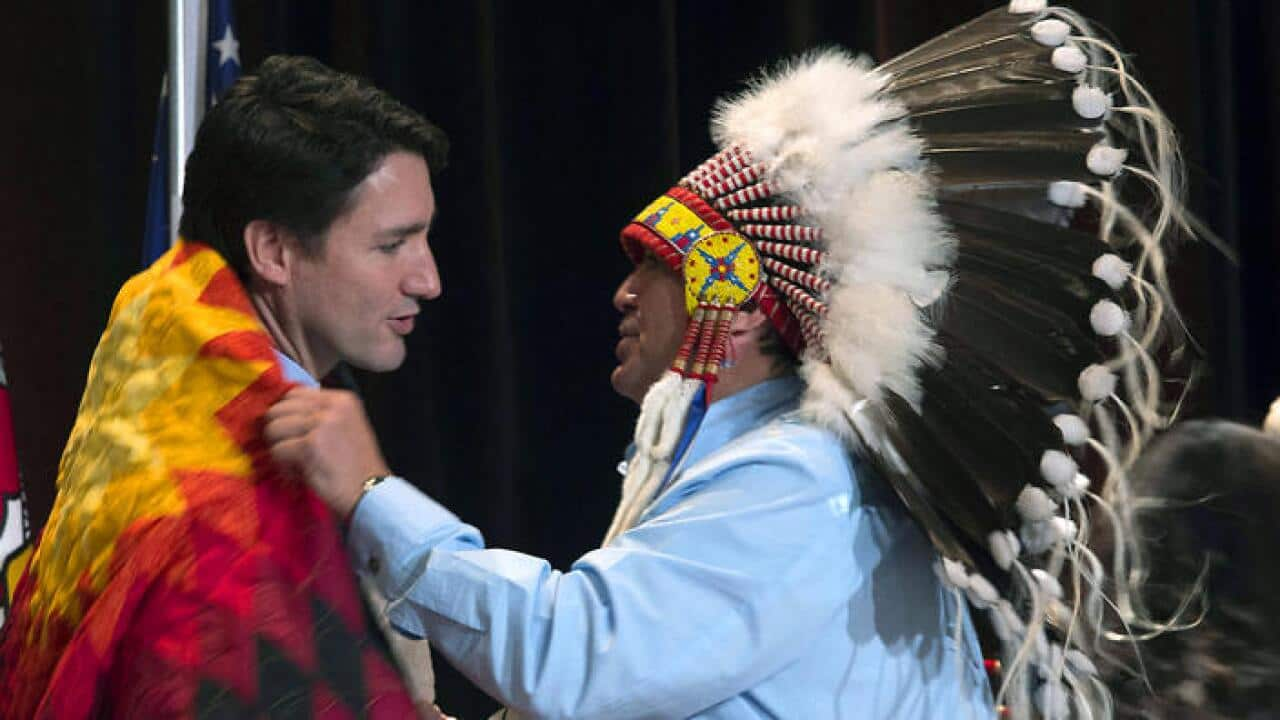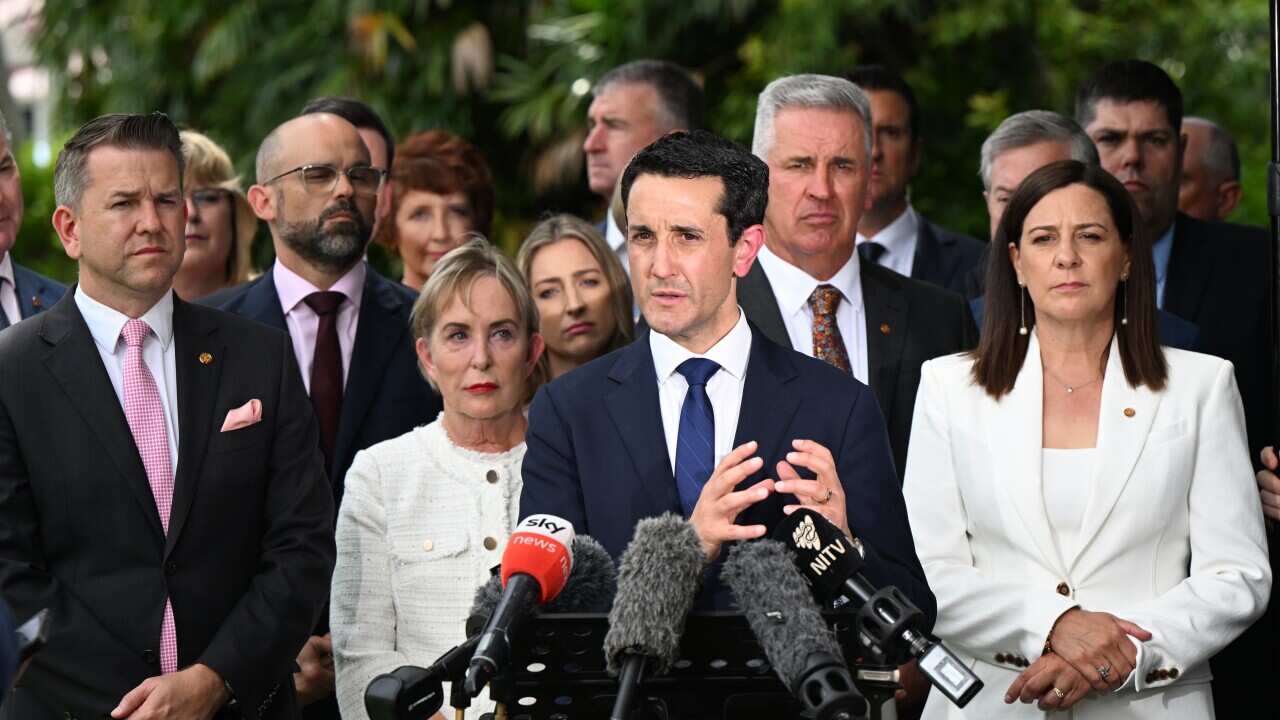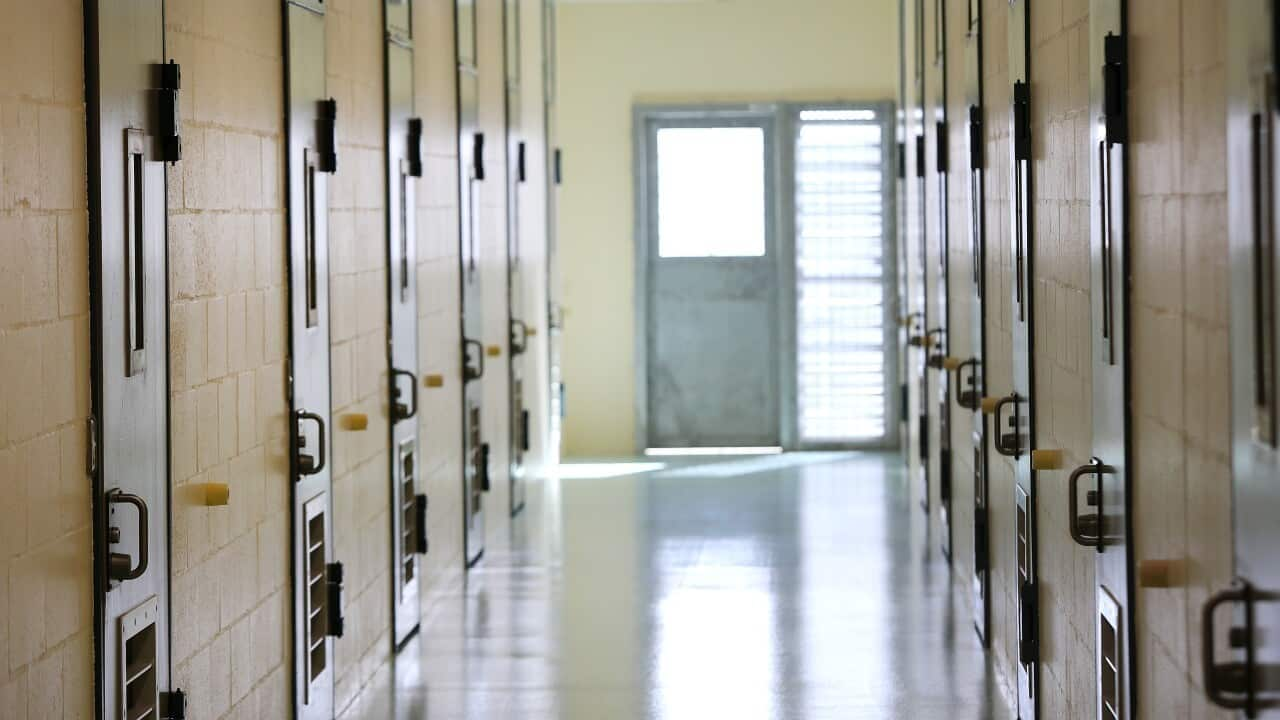The class action suit, which was launched eight years ago, sought $A1.30 billion on behalf of about 16,000 Ontario Aboriginal children who were removed from reserves and placed in non-aboriginal homes from 1965 to 1984 under a federal-provincial agreement.
Ontario Superior Court Justice Edward Belobaba ruled that the federal government breached its duty to take reasonable steps to prevent the children from losing their Aboriginal identity.
“We were black kids with the intention by the government to make us white.”
The plaintiffs in the case argued that the children's loss of Aboriginal identity caused issues including mental disorders, substance abuse and suicide.
Minister of Indigenous Affairs Carolyn Bennett, said the government would not appeal the decision and that the government wanted to sit down with survivors by the end of the month to discuss a settlement.

Vision from the Canadian Stolen Generation Source: NITV News
Stolen Ones:
At least a tenth of Aboriginal children were forcibly removed from their families in Australia from 1910 to 1970.
Tjalaminu Mia was one of them.
At the age of 10, she was taken, stolen, forcibly removed from her parents, family and culture.
“We were black kids with the intention by the government to make us white.”
Along with her six brothers and sisters, they were scattered across different cottages in the Sister Kate’s Children’s Home. Now, the 65-year-old is the Acting CEO of the Sister Kates Home Kids Aboriginal Corporation’s operations and healing programs, and is working in communities with high suicide rates that were greatly affected by the forced removal of Indigenous children from their families.
Now, the 65-year-old is the Acting CEO of the Sister Kates Home Kids Aboriginal Corporation’s operations and healing programs, and is working in communities with high suicide rates that were greatly affected by the forced removal of Indigenous children from their families.

SBS Source: SBS
She says the Canadian court ruling is a leading light for Australia.
“I feel that that’s a major win – the people that were institutionalised, governed by government are now being served justice,” she exclaimed.
“Aboriginal people and the journey they were forced to go down, institutionalisation – it’s all very similar to Canada. This is ultimately a win win for all of us who have been in the same situations.”
Treadmill of Trauma:

Stolen Generations Source: NITV News
“Now, as a 65-year-old person, I’m still learning to cope… that’s so many decades of struggling to reconnect and reinforce my own identity and help others do that,” she said.
Tjalaminu says majority of forcibly removed children end up on the ‘treadmill of institutionalisation.’
“It’s hurtful because they’re struggling with identity. It’s destroyed something inside of them.”
“It destroyed my mother and it affected my very talented brother, Graeme, who passed away from alcohol and drug related issues," she said.
“It’s hurtful because they’re [The Stolen ones] struggling with identity. It’s destroyed something inside of them.”
After they were separated, Graeme spent more than a decade in custody. She says he passed away a long time before he should because of his struggle with being ‘stolen’.
“High rates of incarceration is because of institutionalisation, and the vicious cycle of crime, alcoholism,” she said.
Discovering Identity:

5 generations – Tjalaminu’s granddaughter Amy, her mum Noongar Elder Beryl Dixon holding great granddaughter Alirah, and daughter Deanne Tann and Tjalaminu Source: Mia
Sister Kate's Home Kids Aboriginal Corporation is a not-for-profit organisation and has developed a series of programs that they deliver to other Stolen Generations group and the wider Aboriginal and Torres Strait islander community. Their Programs are based on re-identifying, reconnection to country and language and nurturing a sense of belonging.
“We offer back to country visits to yarn and ground our kids in cultural knowledge and traditional practices that will heal the soul-sickness that is negatively impacting on their lives through intergenerational trauma."

Aboriginal children Source: Getty images












